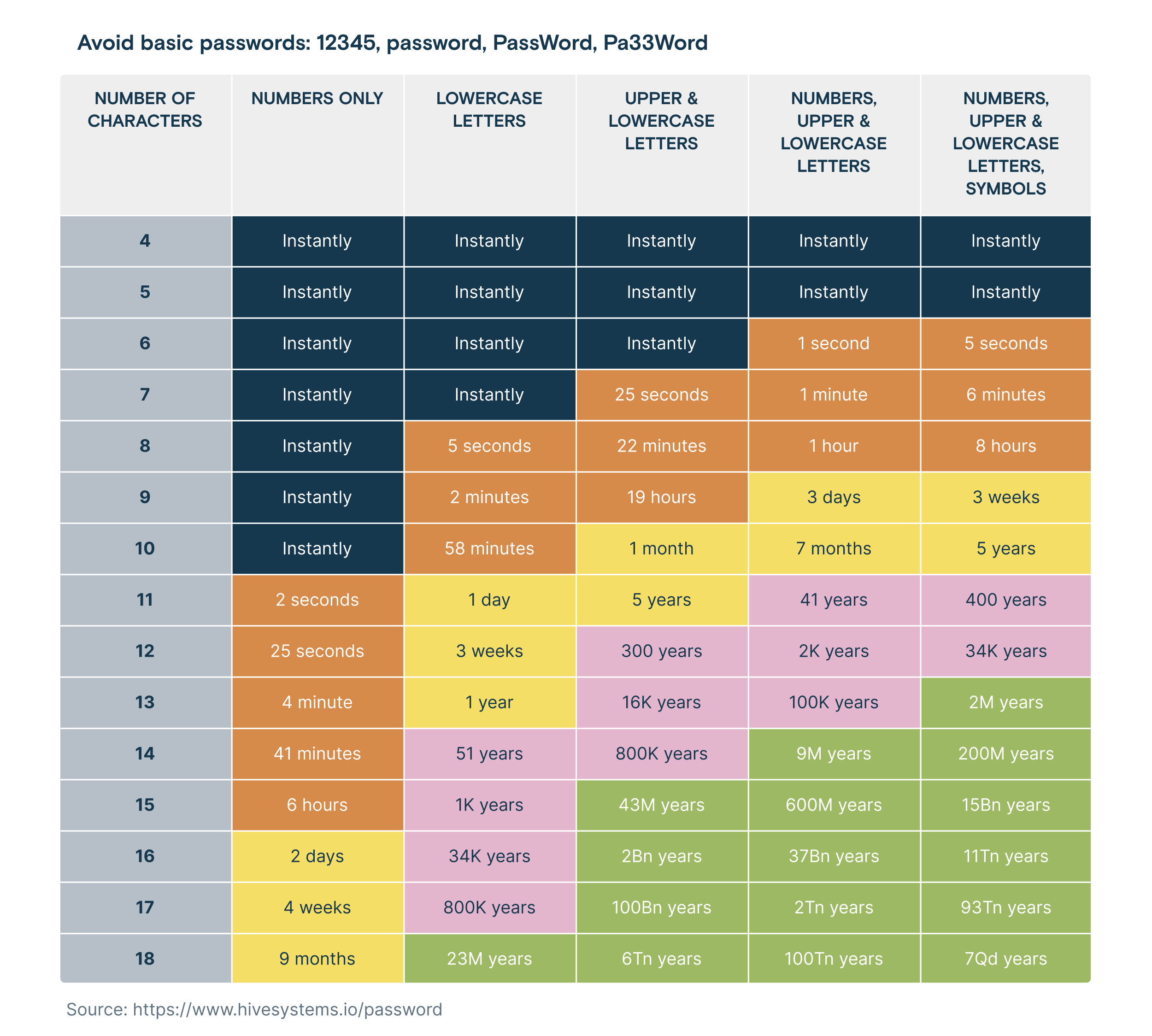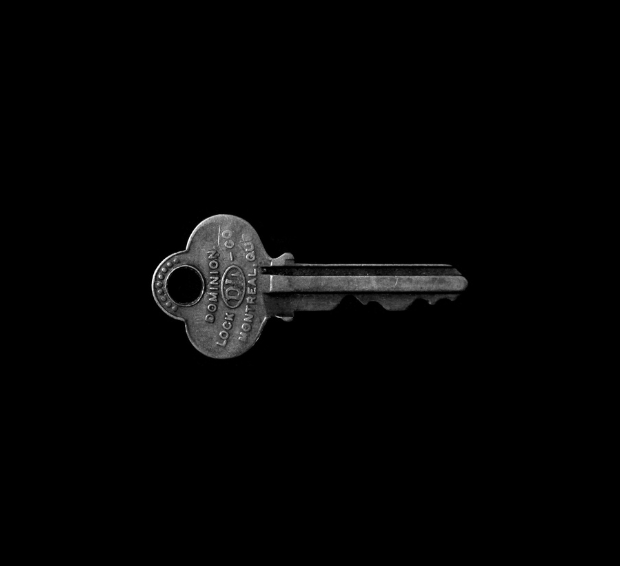Let's face it, technology rules our lives. It's what we use to connect, handle our money and document our daily lives. But with great power comes great risk, like hackers getting their hands on our personal data. In this blog post, we'll give you some no-nonsense tips to keep your information safe in the digital age.
What is a data breach?
How common are data breaches in Australia?
Wisr App now has a BreachAlert feature which will check if your email has been involved in any data breaches and guide you on what to do next.
1. Use strong passwords

What is multi-factor authentication?
2. Opt-out of data collection
Most apps and services give you an option to opt-out of data collection. Take advantage of this and disable unnecessary tracking.
3. Be cautious when using public wifi
4. Regularly update your apps
5. Don't overshare on social media
STAY SAFE WITH WISR APP
Check for data breaches and monitor your credit scores for fraud.
Disclaimer: This article contains general information only, and is not general advice or personal advice. Wisr Services does not recommend any product or service discussed in this article. You must get your own financial, taxation, or legal advice, and understand any risks before considering whether a product or service discussed in this article may be appropriate for you. We have taken reasonable efforts to ensure that the information is accurate at the time of publishing, but the information is subject to change. We may not update the article to reflect any change.




